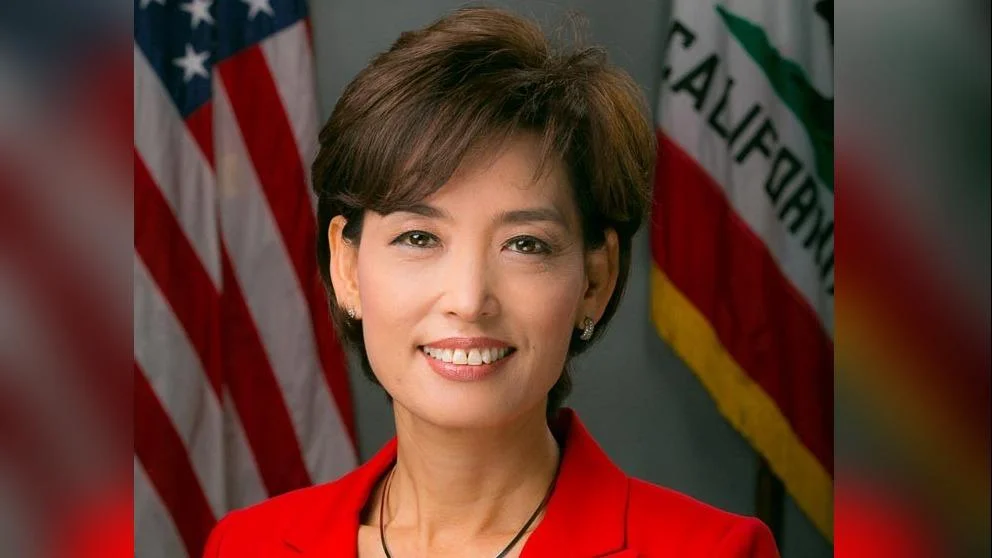U.S. Representative Young Kim, District 40 | Official Website
U.S. Representative Young Kim, District 40 | Official Website
The House Energy and Commerce Committee has approved the Hotel Fees Transparency Act of 2025 (H.R. 1479), a bipartisan bill aiming to enhance cost transparency for short-term lodging. This legislation targets unfair price advertising practices within the hotel industry, ensuring mandatory fees are disclosed upfront.
Introduced by Reps. Young Kim and Castor during the 118th Congress, the bill had previously passed the House in June 2024. Rep. Kim highlighted the burden of deceptive fees on families: "Deceptive fees add up and create more pain for families already struggling to make ends meet due to rising living costs. The last thing Americans need when planning a trip are costly, unexpected fees." She emphasized the need for transparency: "The Hotel Fees Transparency Act makes costs transparent so families can better budget."
Rep. Castor shared similar sentiments, condemning hidden charges and advocating for consumer clarity: "Families shouldn’t have to play a guessing game when planning a trip. Sneaky hidden fees are a burden. They drive up costs and leave families frustrated at checkout. Our bipartisan Hotel Fees Transparency Act will rein in out-of-control junk fees and lower costs, ensuring that the price you see for hotel stays is the price you pay—no hidden fees, no surprises."
Support for the legislation was echoed by Congressman Russell Fry, who stressed the importance of transparency for travelers: "Those planning a vacation shouldn’t be blindsided by hidden hotel fees when they check out. The Hotel Fees Transparency Act is about basic fairness—making sure the price you see is the price you pay."
Rep. Kevin Mullin, co-leader of the Hotel Fees Transparency Act, underscored the necessity of price clarity for consumers: "Families have to budget carefully for travel, and they deserve to know how much resort fees and taxes will add up before booking accommodations."
The bill now awaits further consideration and could potentially bring significant changes to the tourism industry's pricing practices.

 Alerts Sign-up
Alerts Sign-up